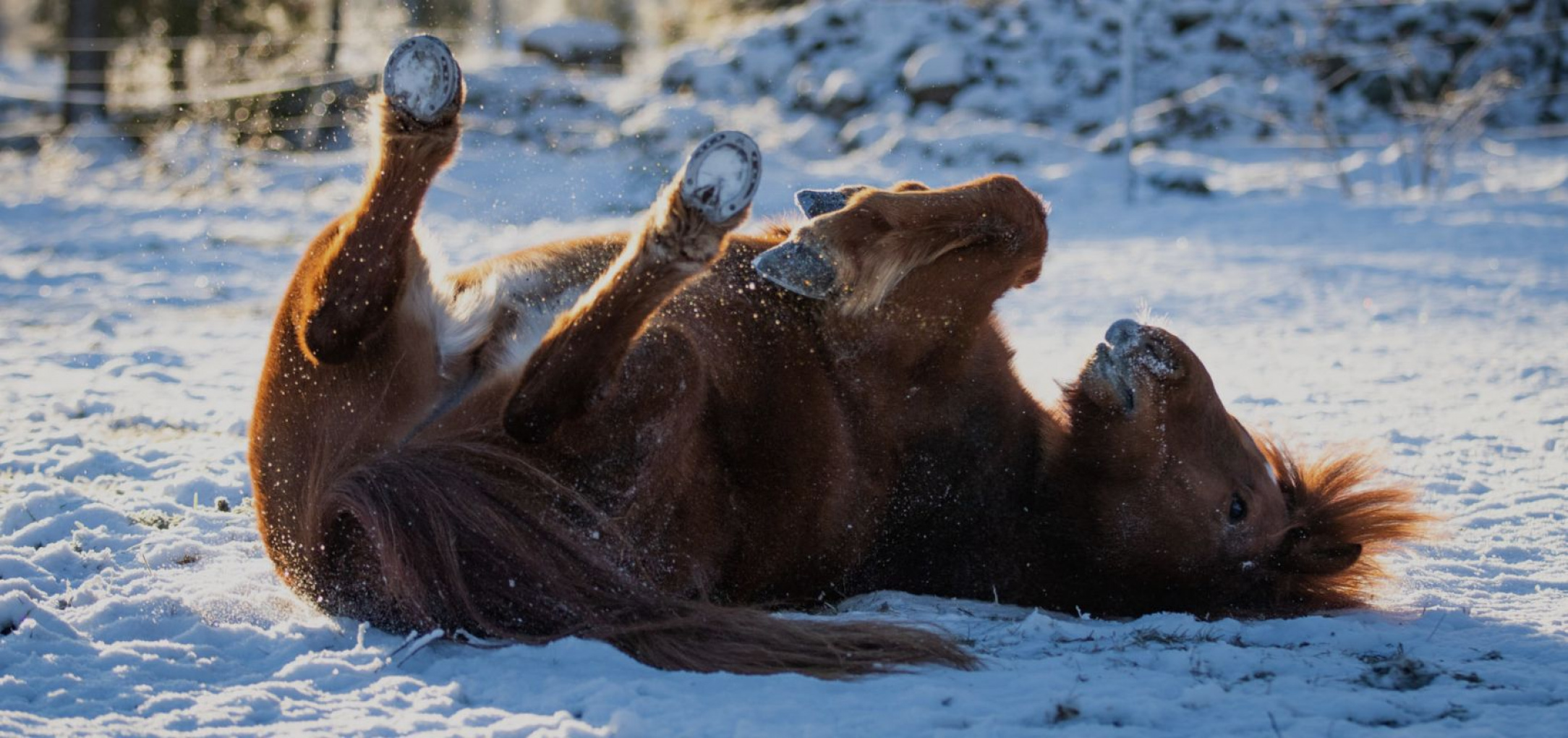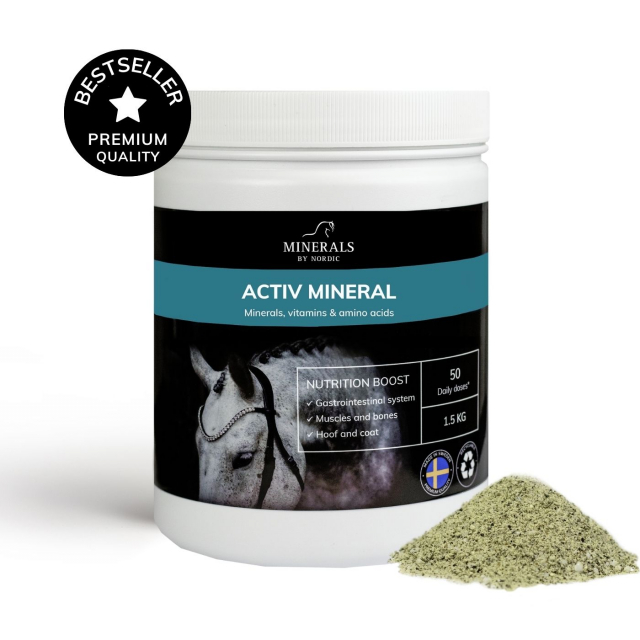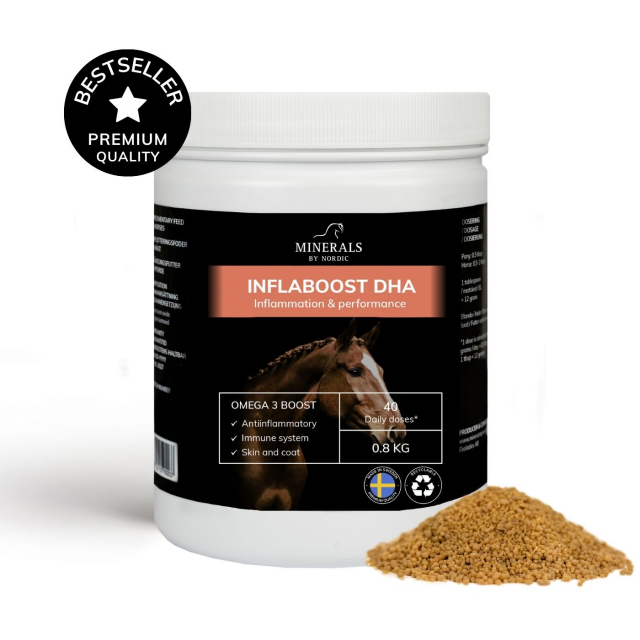
Symptoms and prevention of colic in horses
Horses experiencing abdominal pain, often referred to as colic, can exhibit a range of symptoms and behaviors. They may appear restless or nervous, have difficulty standing still, and often attempt to lie down or roll on the ground. Many horses with colic will look at or kick their abdomen and may sweat excessively even without physical exertion. Their interest in food and water often decreases, and there may be changes in bowel movements, which become less frequent, dry, or hard. Horses with abdominal pain may also have an elevated pulse and respiratory rate. In some cases, the veterinarian may observe decreased bowel sounds or a visible change in the appearance of the abdomen, such as bloating or tension. It is important to seek veterinary care promptly if colic is suspected, as early treatment is crucial for the horse's recovery.
Why Do Horses Experience Colic?
Horses can experience colic for several reasons. Colic is a symptom rather than a disease itself and refers to abdominal pain in horses. Here are some common causes of colic in horses:
Feed-related causes:
Sudden changes in diet or poor-quality feed can cause digestive disturbances. Excessive intake of hardfeed or grains can overload the digestive system. Insufficient fiber intake is also detrimental to the horse's digestive system; fibers from forage and grass are necessary to promote healthy gut function.
Poor water intake:
Inadequate water intake can lead to dehydration and constipation, increasing the risk of colic.
Parasite infections:
Worm infections can cause irritation or blockages in the intestines. Regularly perform fecal egg counts to monitor.
Dental problems:
Poor teeth can prevent the horse from chewing its food properly, leading to digestive problems.
Stress:
Stress, caused by factors such as transportation, environmental changes, or social unrest, can negatively affect the digestive system.
Physical obstruction or intestinal torsion:
Horses have a long and complex digestive system, and sometimes, a part of the intestine can twist or be obstructed by, for example, a hard ball of food, known as an impaction.
Diseases:
Some illnesses, such as gastric ulcers or infections, can also cause colic. Because horses cannot vomit, it is especially important that their digestive system functions smoothly. Regardless of the cause, colic is serious and often requires prompt veterinary care.
How Can the Risk of Colic Be Reduced?
To reduce the risk of colic in horses during the winter, it is important to follow some basic guidelines:
Water: Ensure that the horse always has access to fresh, unfrozen water. Water intake is crucial for maintaining a healthy digestion and preventing colic.
Feed: A balanced diet is essential. Avoid sudden changes in the diet. In winter, when grazing is scarce, it is especially important to provide plenty of high-quality forage throughout the day. This helps keep the digestive system moving. Avoid overfeeding grains. Pur.Mash is great for providing horses with prebiotics and extra hydration in a palatable way.
Regular exercise: Regular exercise is important to promote bowel movements and prevent colic. Even when it's cold outside, try to keep the horse active.
Dental care and health checks: Regular dental care and health checks are important for maintaining the horse's overall health and reducing the risk of digestive problems. Perform parasite testing regularly.
By following these guidelines, the risk of colic in horses can be reduced during the cold months. However, it is always best to consult a veterinarian for specific advice and recommendations related to your horse.

Support your horse with these products
What are the different types of colic in horses?
Colic in horses can be divided into several categories based on the cause of the pain. The most common types include gas or bloating colic, which occurs when there is an accumulation of gas in the intestines; impaction colic, which is the result of a blockage in the intestines; torsion, where a part of the intestine twists; and sand colic, caused by the accumulation of sand or dirt in the intestines.
How do the symptoms of the different types of colic differ?
The symptoms of colic can vary slightly depending on the type, but generally include behaviors indicative of abdominal pain: restlessness, repeated attempts to lie down, kicking at the abdomen, decreased interest in food and water, changes in bowel movements, and a bloated feeling in the abdomen. Gas or bloating colic may manifest as an obviously bloated abdomen, while impaction colic can lead to decreased or no bowel movements at all. Torsion colic is often more acute with intense pain, and sand colic may result in sand in the feces.
What are the first signs of colic in horses?
The first signs of colic may include obvious restlessness or nervousness, the horse lying down and getting up repeatedly, looking at or kicking at its abdomen, decreased appetite, and changes in bowel patterns. An increased pulse and respiratory rate may also be early indicators of colic.
Can colic be prevented in horses, and if so, how?
It is not possible to completely eliminate the risk of colic, but there are several measures that can reduce the risk. Ensure that your horse has a well-balanced diet rich in fiber and access to fresh water around the clock. Avoid overfeeding grains. Avoid sudden changes in diet and ensure that the horse gets regular exercise. Regular deworming and dental care are also important for maintaining good digestion.

 SWE
SWE

 ENG
ENG NO
NO AX
AX DE
DE